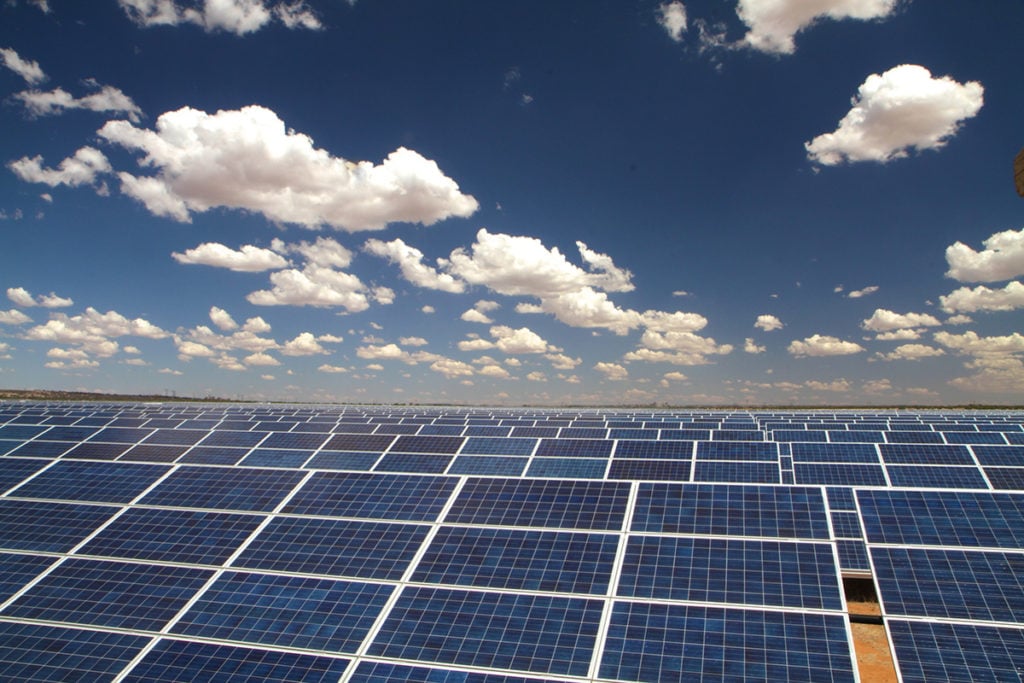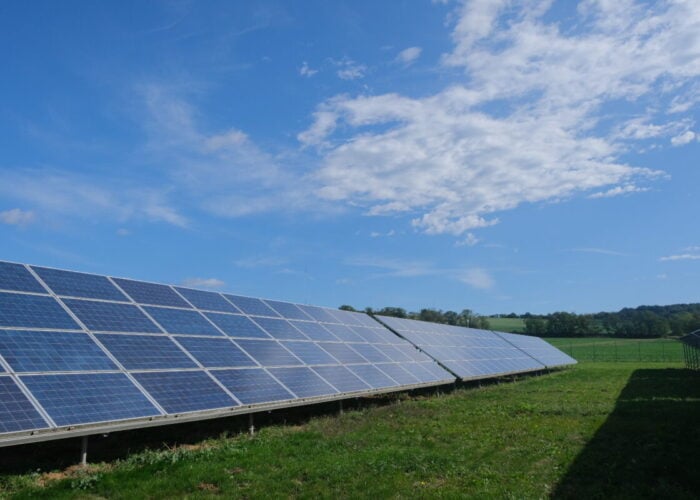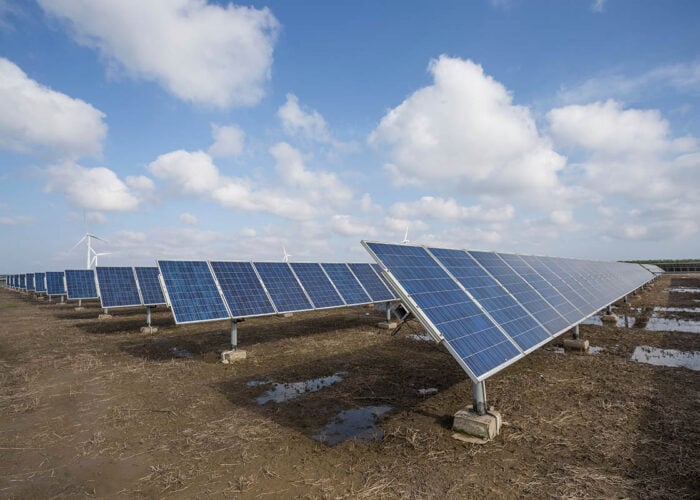
The United States African Development Foundation (USADF) has launched a request for proposals to deliver off-grid energy infrastructure in Africa, with applicants set to receive up to US$250,000 to develop their projects.
The initiative, the USADF Off-Grid Energy Challenge, will be co-ordinated by the US government agency, and award grant capital funding to projects that are majority African-owned and -managed, and deliver electricity generation and distribution to what the USADF calls “unserved and underserved African communities”.
Unlock unlimited access for 12 whole months of distinctive global analysis
Photovoltaics International is now included.
- Regular insight and analysis of the industry’s biggest developments
- In-depth interviews with the industry’s leading figures
- Unlimited digital access to the PV Tech Power journal catalogue
- Unlimited digital access to the Photovoltaics International journal catalogue
- Access to more than 1,000 technical papers
- Discounts on Solar Media’s portfolio of events, in-person and virtual
Crucially, the projects must be financially viable, with the USADF requiring applications to be “sustainable business model solutions,” and take advantage of clean energy. However, the USADF’s definition of clean energy is very broad, encompassing traditional forms of renewable power, including solar and wind, alongside biomass, biogas and gas.
The inclusion of gas power in particular suggests that the emphasis of the initiative is on delivering reliable electricity infrastructure, rather than power that is necessarily carbon-neutral.
Interestingly, the initiative’s documentation also suggests that solar power is not a priority for this project. The USADF breaks down the scoring criteria for applications, with the majority of marks awarded for projects considered ready for construction and that are thought to be commercially-viable in the long term, with each of these criteria accounting for 20% of the final score awarded to each project.
However, 15% of the score will be based on the “innovation of proposed solutions, particularly use of clean energy sources other than solar, and potential for future replication,” suggesting that projects that use renewable power sources such as wind and hydropower, will be more likely to receive funding than those that use solar power.
Perhaps this is based on the idea that solar power is already expected to be a considerable part of the African energy mix. The International Renewable Energy Agency (IRENA) reports that, by 2050, Sub-Saharan Africa is on track to meet 13% of its energy demand by solar, behind only hydropower in the renewables sector, which is set to meet 18% of its energy demand.
Under IRENA’s Transforming Energy Scenario, however, solar will dominate the Sub-Saharan energy mix, accounting for 35% of energy demand by 2050, the most of any energy source, including fossil fuels, which will meet just 5% of energy demand in this scenario.
Similarly, a number of recent projects have raised the profile of solar power in the African energy sector, including Scatec’s completion of a 540MW solar-plus-storage project in South Africa, and Masdar’s plans to build 300MW of new solar capacity in Angola and Uganda. Projects such as these could have encouraged the USADF to look for alternative sources of renewable electricity, a move that could help deliver a more balanced energy mix for Africa, but one that will not help the continent’s solar sector.
Applicants have until 31 January 2024 to submit applications, and those responsible for shortlisted projects will be contacted by the start of August 2024 for the next phase of the process.







